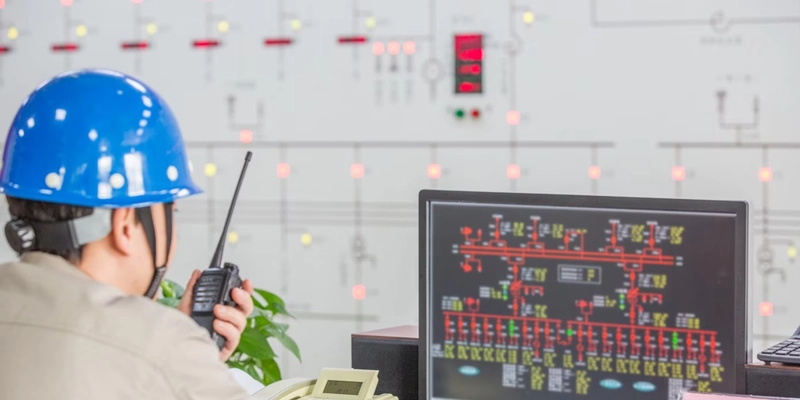Understanding Engineering Failure Analysis:
Gain an overview of the importance of engineering failure analysis in identifying the causes of failures and preventing their recurrence. Explore how this analytical process helps engineers determine the root causes behind structural, mechanical, electrical, and material failures, leading to improved designs, increased safety, and enhanced performance.
Root Cause Analysis: Unraveling the Source of Failures:
Delve into the concept of root cause analysis, a systematic approach used in engineering failure analysis. Learn how engineers investigate failures by identifying the underlying factors, such as design flaws, material defects, or inadequate maintenance, and develop effective solutions to prevent future occurrences.
Failure Modes and Effects Analysis (FMEA): Predicting and Preventing Failures:
Discover the role of Failure Modes and Effects Analysis (FMEA) in engineering failure analysis. Explore how this proactive methodology helps engineers identify potential failure modes, assess their potential impact, and develop strategies to mitigate risks. Learn how FMEA is used to enhance the reliability and safety of engineered systems.
Fault Tree Analysis (FTA): Analyzing Complex System Failures:
Explore Fault Tree Analysis (FTA) as a method for investigating complex engineering failures. Learn how engineers construct fault trees to systematically analyze failures and determine their causes. Discover how FTA provides a graphical representation of events leading to failures, aiding in identifying critical paths and potential vulnerabilities in a system.
Event Tree Analysis (ETA): Evaluating Consequences and Probabilities:
Understand the role of Event Tree Analysis (ETA) in engineering failure analysis. Explore how engineers use ETA to analyze the consequences of different events and assess their probabilities. Learn how ETA helps in understanding the potential outcomes of failures, supporting risk management and decision-making processes.
Structural Failures: Analyzing Failures in Building and Infrastructure:
Examine the specific realm of structural failures in engineering. Explore common causes, such as design errors, material deficiencies, or construction defects, and how failure analysis plays a crucial role in identifying these issues. Learn how engineers use failure analysis to enhance the safety and resilience of buildings and infrastructure.
Mechanical Failures: Investigating Failures in Machinery and Equipment:
Delve into the world of mechanical failures and their analysis. Explore how engineers examine failures in machinery and equipment, considering factors such as fatigue, wear, and material failure. Discover how failure analysis guides engineers in improving designs, selecting appropriate materials, and implementing effective maintenance strategies.
Electrical Failures: Addressing Challenges in Electrical Systems:
Explore the realm of electrical failures and the importance of failure analysis in this domain. Understand how engineers investigate failures related to power systems, circuitry, and electrical equipment. Learn how failure analysis aids in improving electrical system reliability, preventing malfunctions, and ensuring the safety of electrical installations.
Material Failures: Analyzing Deficiencies and Performance Issues:
Dive into the field of material failures and the role of failure analysis in understanding their root causes. Explore factors such as manufacturing defects, material degradation, or inadequate material selection that can lead to failures. Learn how engineers employ failure analysis to enhance material quality, durability, and performance.

